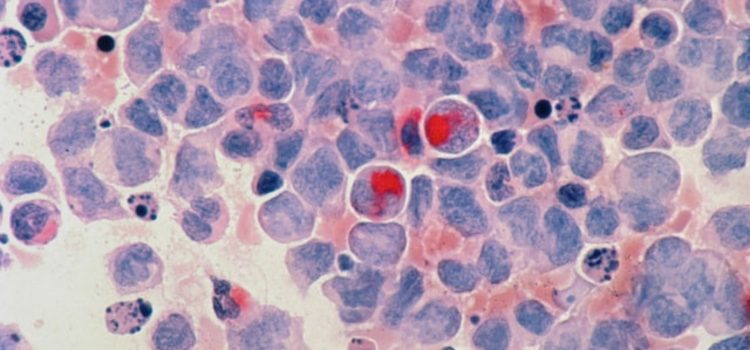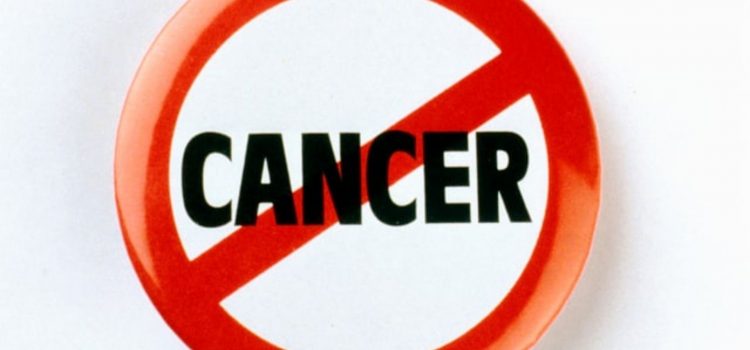Does surgical tumor removal cure cancer? Can cancer spread again if tumor is removed? Cancer is difficult (often impossible) to cure with surgery, because if even a single cancerous cell is left behind, it can continue to grow and spread throughout the body. However, surgery can help shrink the tumor if removing it altogether is not possible, making it easier for other treatments to kill the remaining cancer cells. Keep reading to learn about treating cancer with surgery.
Does Surgical Tumor Removal Cure Cancer?










